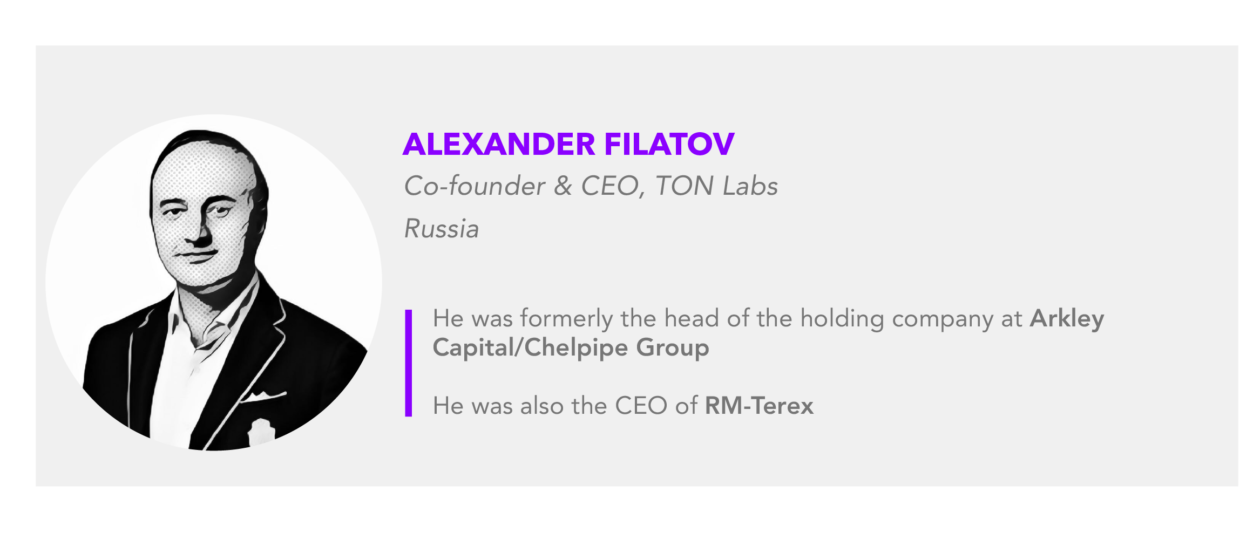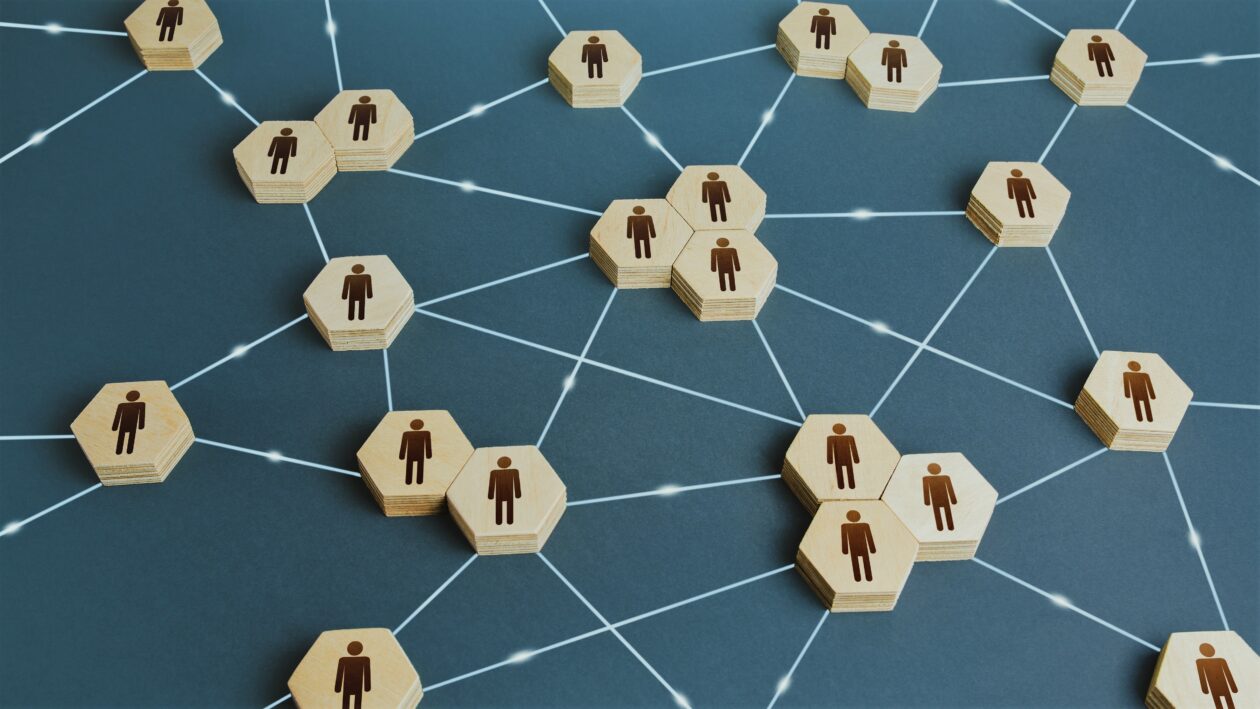Distributed programming and computing is the next pivotal phase of the internet. Everything predicated on open source infrastructures, such as blockchain technology, cryptocurrencies, non-fungible tokens (NFTs), decentralized governance and the metaverse, all represent a broader shift towards digital democratization and inclusion. What does this mean? An internet guided by the collective, rather than the centralized organizations and their financially-driven agendas that we are accustomed to.
Currently, our digital identities are funneled through the algorithmic policies of these tech overlords, namely Amazon, Google, Twitter, TikTok, and all members of the Meta family. In the early 2000s, Web2 platforms triggered global paradigm shifts in our behavior, and society’s adoption of, interaction with, and reliance on streamlined technology. Of course, these organizations and their innovative technologies provide the bedrock for an enormous portion of e-commerce, contributing positively to billions of lives.

However, the centralization of control and level of authority that these corporations exercise has produced an internet that ultimately works in their favor, and not that of the people. As a result, it has never been more necessary to transition away from these controlled and hegemonized mechanisms to a more equal, decentralized internet.
Distributed and open source systems are undoubtedly the vehicle for this movement, however, truly encapsulating the ideology requires end-to-end decentralization (E2E): removing all central points of failure, so that people can cultivate a digital environment properly tailored to their needs.
Enter open-source governance
So how exactly does this technology translate to our physical realm with governments, their respective laws, institutions and policies? Open governance presents the notion that institutions operate more effectively with transparency, accountability and most importantly, inclusion. A system like this, if it existed in its purest form, would see citizens directly involved in all governmental proceedings, stronger transparency within legal systems, and a greater democratic hand into reform.
The Open Government Partnership (OGP), composed of 79 nation-states, is an initiative geared at promoting transparency, empowering citizens, fighting corruption and harnessing innovative technologies. While having representatives that advocate for these issues is a fundamental step in the right direction, we also need tangible working groups who are putting the words of thought leaders into action to make open-source governance a reality.
The Government Blockchain Association (GBA), a collective of individuals and organizations collaborating through advancing technologies is a primary example of this kind of representative; one that welcomes these insights from leaders and each other, and implements these ideas through blockchain and crypto parameters. Calls for this type of transparency within corporate sectors have become more prolific as of late.
Most recently, we have seen Elon Musk commit to a US$6 billion donation to alleviate world hunger on the condition that the United Nations’ World Food Programme uses open-source accounting. This would detail exactly how the funds are spent, thus exposing any mismanagement of funds, as is most likely the reasoning for Musk’s offer. There is no doubt that as this requirement ramps up, the directed focus on open systems within governmental institutions must too.
Governance tokens and their untapped potential
Given the tensions between the Securities and Exchange Commission and the Messari mainnet, the conversation on alternative approaches to governance has never been more necessary. Although The SEC Commissioner Hester Peirce‘s most recent draft of the Token Safe Harbor proposal would create a path for compliance, regulation is desperately chasing innovation. One area of the crypto markets bound for regulatory scrutiny is governance tokens.
Currently, there are many different protocols that have deployed governance solutions, alluding to a future that supports high-value, globally distributed communities online. As an example, Friends With Benefits, a tokenized community that is promoting knowledge sharing amongst thinkers and creators via a token-gated Discord group. This nuanced type of digital community is known as a decentralized autonomous organization (DAO), sitting at the intersection of decentralized finance (DeFi) and decentralized governance (DeGov).
For example, PleasrDAO broke headlines after securing the rights to an unreleased Wu-Tang Clan album, priced at US$4 million. In November last year, ConstitutionDAO raised close to $47 million in Ether through a social media campaign with the objective of purchasing a rare copy of the U.S. Constitution at a Sotheby’s auction.
Given that these are the exact types of initiatives that DAOs facilitate — the fight against seemingly untouchable organizations for the betterment of the people — there is no limit to what digital communities can achieve when they work together. Perhaps, in the near future, we will see a purpose-led organization coordinate to purchase and preserve land in the Amazon.
Effectively, these decentralized groups can self-govern to deploy more inclusive project strategies, mobilize around a common goal, and aid skilled individuals to collaborate remotely. The “decentralization” element is a misnomer though, as these protocols typically feature centralization at one layer of the stack or the other. Maximizing the transformative potential of DAOs can be better achieved with E2E decentralization, making both the legacy web and Web 3.0 redundant.
The closed governance expiration date
It is commonly understood that data converges toward a single, centralized point. Given the gravity of data, it is becoming increasingly necessary to algorithmically mitigate this phenomenon by using open source technologies. As the key value proposition of the vast majority of Web 3.0 applications, particularly blockchain protocols, good and proper governance can be achieved in this way. Yet it is E2E decentralization that will propel humanity forward.
The promise and potential of this open method of governance and transparency of data, even if not fully realized today, bodes well for the future of individualism. As the idiom goes, what goes up must inevitably come down, and it’s evident that the era of closed system popularity is rapidly approaching its expiry date. As the world moves to embrace open and distributed systems, it too must increase pressure on legacy structures to open the gates that were originally built to control and keep people out.




